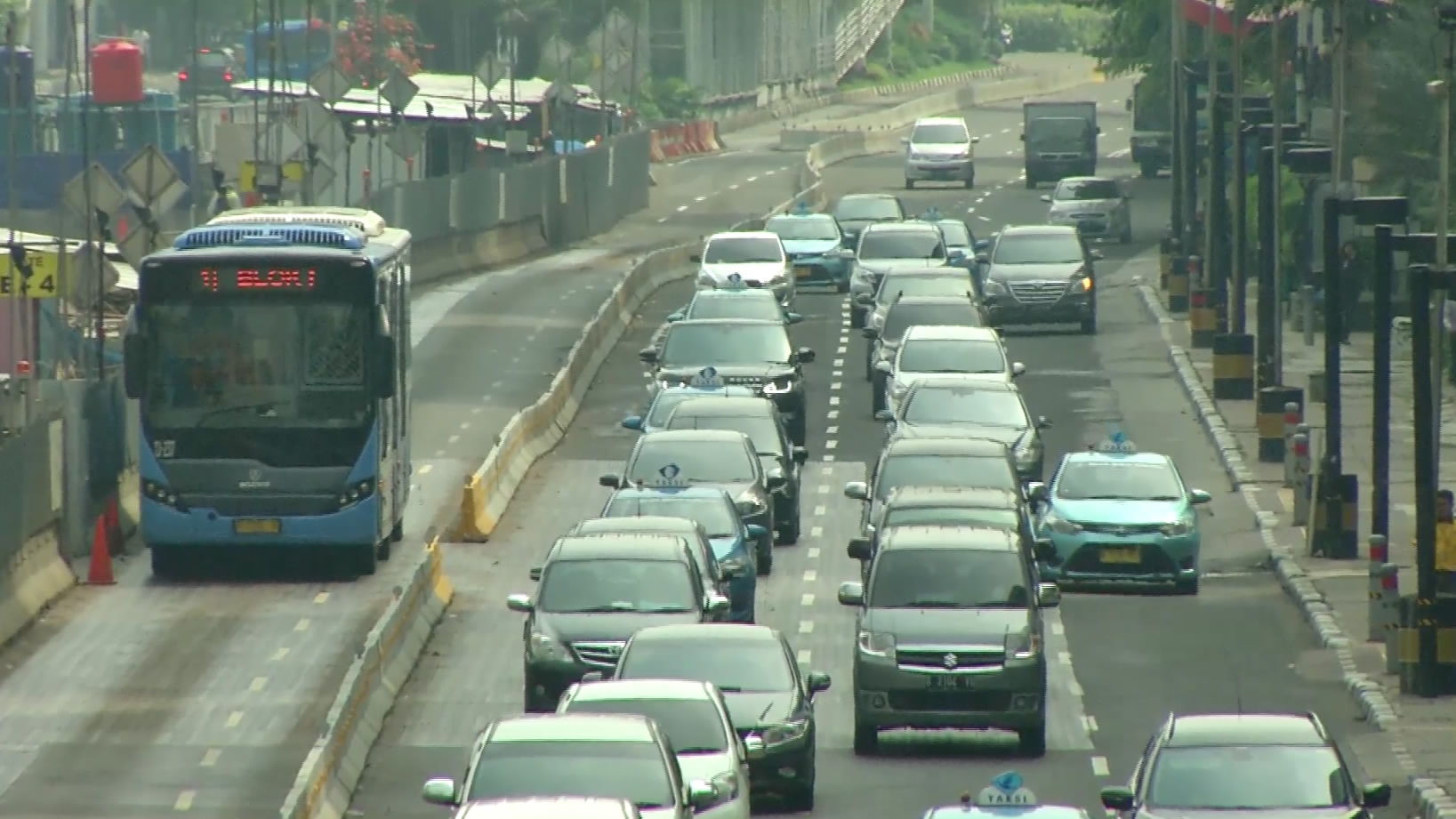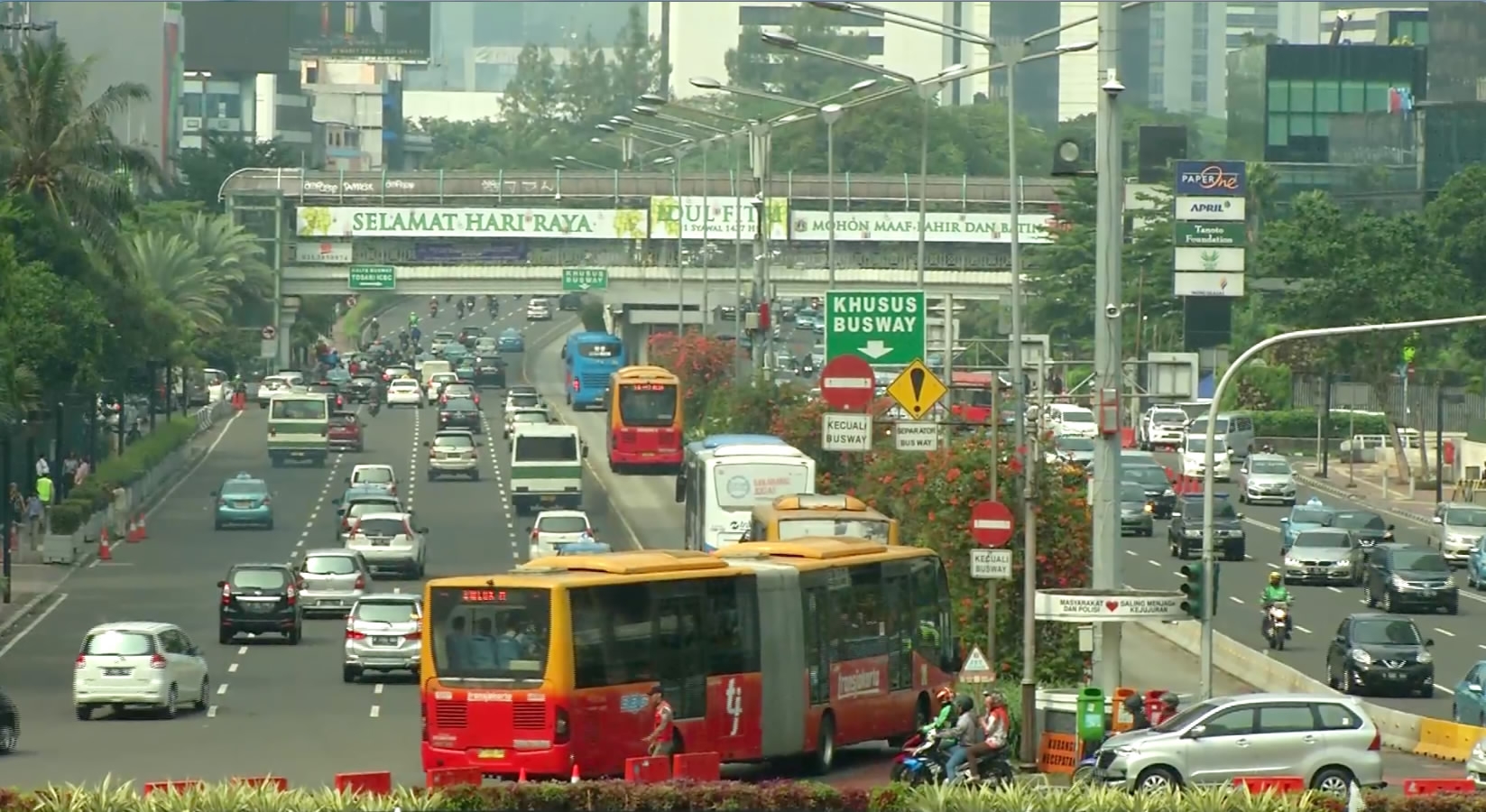
Transit
13:46, 18-Mar-2018
Hyperloop networks could improve connectivity within Indonesia
By Silkina Ahluwalia

As a city with some of the worst traffic in the world, Jakarta has tried numerous policies in hopes of reducing congestion. Indonesia’s capital city sees more than four million people on the roads every day. That’s enough to cause motionless gridlock for hours, especially during rush hour on popular routes.
The local government has tried implementing ways to reduce traffic such as the carpooling methods and most recently the odd-even policy, which only allows cars with certain license plate numbers to enter the routes during specified hours. These methods have reduced traffic to an extent, but traffic is still at an all time high.
However, that might change for the better with the new Hyperloop technology. The revolutionary transportation project is expected to be introduced in Jakarta, and it could have even more benefits than just reducing traffic within the city.
Minister of Transportation Budi Karya Sumadi believes the technology will be important to improving connectivity between cities and provinces in Indonesia.
“Before we build something this big, we need to make sure it fits with Indonesia’s infrastructure visions. We are still doing thorough studies and clarifications technically and financially,” says Budi.

CGTN Photo
CGTN Photo
Indonesia is still in its research stage with Hyperloop Transportation Technologies but the necessary memorandum of understanding have been signed. Although progress has been slow, Hyperloop could become the project that Indonesia needs.
The Hyperloop is known as the fastest mode of transportation in the world, operating at 1,300 kilometers per hour. A flight from Jakarta to the capital city of East Java, Surabaya, usually takes around 1.5 hours, but with the Hyperloop, it will take just 56 minutes. It uses a different technology compared to high-speed rails. It will be useful in transporting passengers and cargo on-demand and direct, with no stops along the way. Aside from that, it dubs itself as environmentally friendly with no direct emissions or noise.
“We are still waiting for Hyperloop to be commercial in the United States. We are optimistic about it, but one of the biggest challenges for us in Indonesia is investment. To build the Hyperloop, we would need strong financial backing. Aside from that, we need to make sure once it is completed, Indonesians can afford it and are willing to give this technology a try,” says Budi.
India and S. Korea also have plans to build this technology in their countries. Although it’s still in its early stages in Indonesia, it already looks promising and would become a positive transformation for the nation.
5237km

SITEMAP
Copyright © 2018 CGTN. Beijing ICP prepared NO.16065310-3
Copyright © 2018 CGTN. Beijing ICP prepared NO.16065310-3